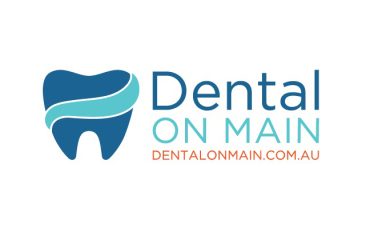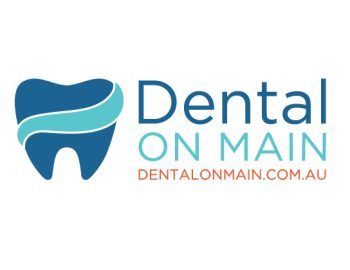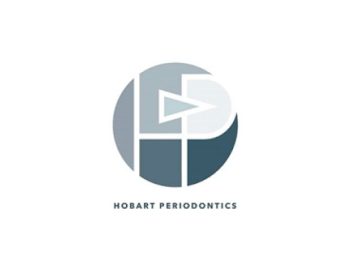Description
Dental Implants In Busselton: What You Need To Know
Are you considering dental implants in Busselton? If so, you may wonder what the various benefits of doing them are. Here are some things to remember: Dental implants are a reliable way to replace lost teeth. They’re also a comfortable option for people who find traditional dental braces or oral surgery difficult or uncomfortable. Dental implants can last up to 10 years, depending on oral health and activity level. They’re also immune to many problems affecting natural teeth, such as decay, cracking and loss of tooth structure. If you’re interested in dental implants in Busselton, please get in touch with our team at our practice. We’ll be glad to answer any of your questions and provide you with a detailed evaluation of the benefits and drawbacks of these treatment options. Check out the dental implant in Busselton WA today!
What Is A Dental Implant?
A dental implant is a device placed into the dental pulp (the inside of the tooth) to restore teeth that have been lost or damaged due to decay, accident, or type 1 diabetes. The implant has screws that hold it in place and a post that rests on the crown of the tooth above. The implant can be either removable or permanently fixed.
What To Consider With Dental Implants?
When considering dental implants, patients should think about the following factors:
- Implant type: The most common types for single implants (two or fewer implants in a row) are loaded and un-loaded biodegradable scaffold implants. With these types, a medical-grade removable silver sheet is placed on top of the implant during placement, and then the implant is capped with a custom-made ceramic abutment and screw. These implants typically last 10 to 12 years.
- Implant location: Dental implant placement options include single implants in the lower jawbone and in the upper jawbone (called combined dental implants) and multiple dental implant injections (three or more total) into each bone. The placement can be made using specialized instruments, such as an X-Ray machine. Implants placed in the lower jawbone are generally slightly less likely to require removal than those placed in the upper jawbone.
- Patient age: Younger patients are often good candidates for lower jawbone dental implants because their bones are still growing and expanding. As patients age, however, their bones may no longer develop sufficiently to support an implant in the lower jawbone, and other options must be considered.













